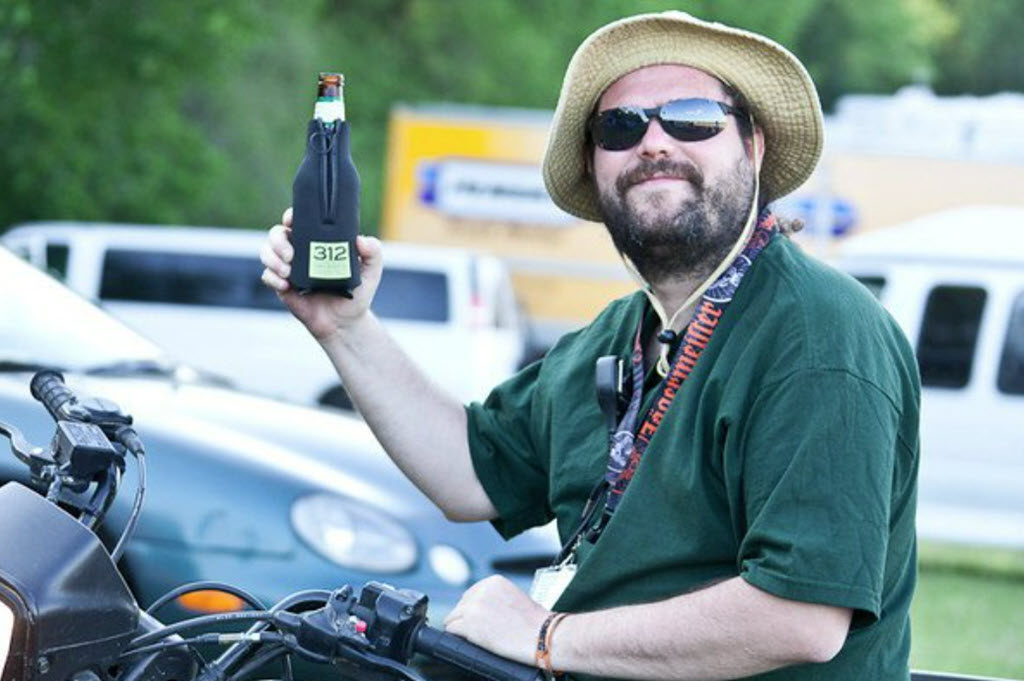Ian Goldberg loves music. He loves the people who create it. He loves the people who come together to listen to it. He loves the volunteers and people who work so hard to present it. He feeds off the feeling he gets when it all comes together to create four days of beautiful memories for thousands of artists and fans. That’s why the decision to put Summer Camp Musical Festival, as we know and love it, on hiatus starting next year was an extremely difficult one.
On the eve of the announcement, I met with Goldberg, the founder, and organizer of the Summer Camp Music Festival in Chillicothe, IL, to discuss the decision to put the annual festival on hiatus after this year, and the state of music in general in our area.
“The dynamics of producing a festival have changed dramatically since the pandemic,” Goldberg explained. He recalled the festival’s humble beginnings back in 2001 with just 1,500 attendees and the incredible growth that peaked between 2016 and 2018. But the following years saw the festival’s numbers dropping, only to spike again in the first year after the pandemic.
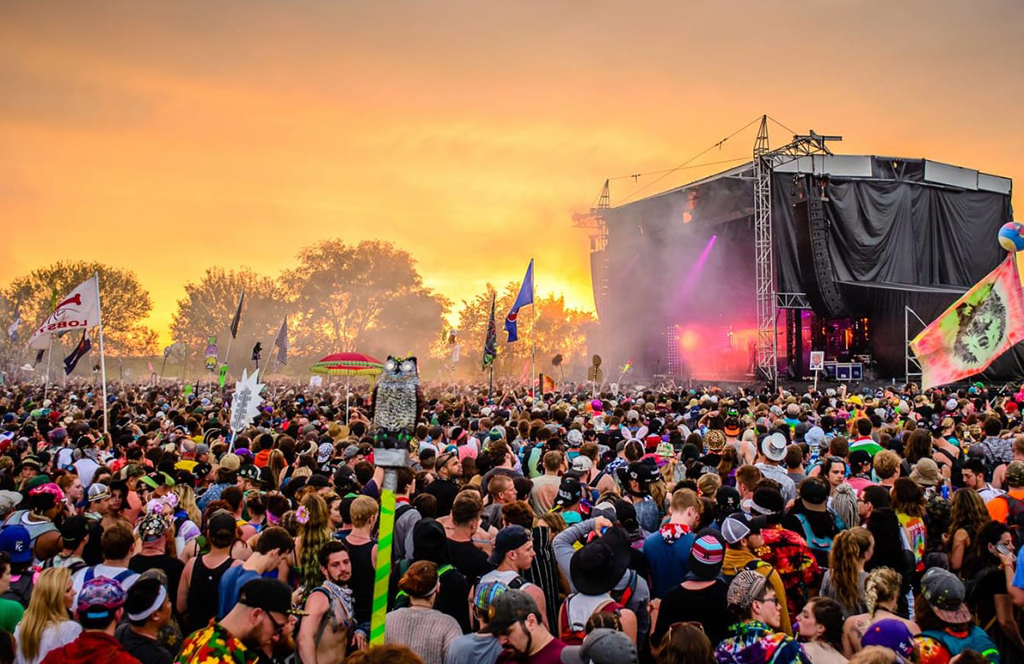
However, costs have skyrocketed since then, making the business of running a festival significantly more expensive. Everything from transporting bathroom facilities to hiring staff has become more difficult, and the market has become flooded with competing festivals. This ultimately led Goldberg and his team to reassess their approach.
“We should look at ways to try and trim out a lot of that excessive fat in the cost end,” he mused, though admitting the challenge of doing so without losing the essence of the Summer Camp Music Festival. The decision was eventually made to give the festival a fresh start, unburdened by the expectations and traditions that had built up over the years. Still, Goldberg assured that many elements dear to the festival’s long-time patrons would remain.
When asked about the increasing number of music festivals appearing each year, Goldberg offered a sobering response. “A lot of them aren’t [surviving],” he confessed. He attributed their existence to communities wanting to have something of their own, bandwagon enthusiasm, and large corporate entities with deep pockets. These factors have caused costs to spiral upwards and made it tougher for independent festivals like Summer Camp to compete.
Goldberg chose not to disclose specific plans for the reimagined festival next year, only promising exciting changes and necessary scale-backs. The intention is to reduce the stress and costs of producing the festival without sacrificing the joy it brings to attendees.
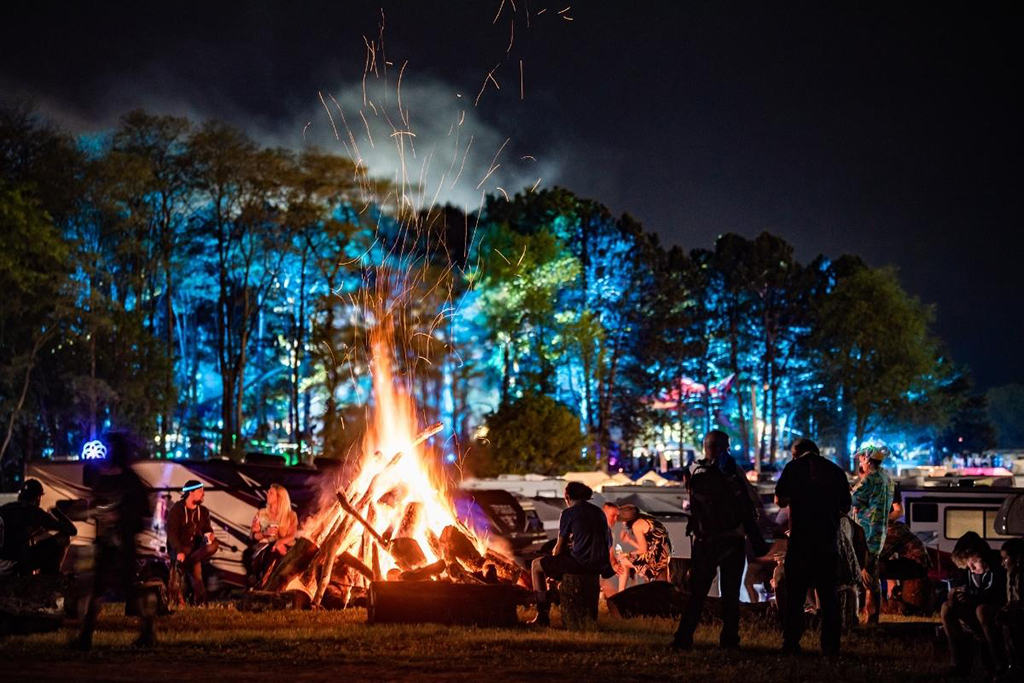
Reflecting on the decision, Goldberg admitted to mixed feelings. While there was nostalgia and a sense of loss, there was also relief and excitement about the future. The struggle to keep the festival going in recent years had taken some of the joy out of the process for him, and he was looking forward to rediscovering that joy in the festival’s new incarnation.
Goldberg believes the festival’s diversity and sense of community set it apart from others. “We’ve got so much heritage and so much tradition going back 23 years now. When they [fans] walk on the grounds, it just feels like home,” he said. Despite the upcoming changes, he was confident that the festival’s welcoming atmosphere would continue to make it unique.
I asked Goldberg how he manages to keep his festival lineup diverse, fresh, and consistently impressive year after year. Discovering new artists and introducing them to a larger audience is part of Goldberg’s mission. He relies on a network of friends, acquaintances, and industry insiders to scout rising talent, “working with the agents and getting a vibe from who’s creating a buzz in the industry,” as he put it. He’s also always on the lookout for musical acts that resonate with him on a personal level.
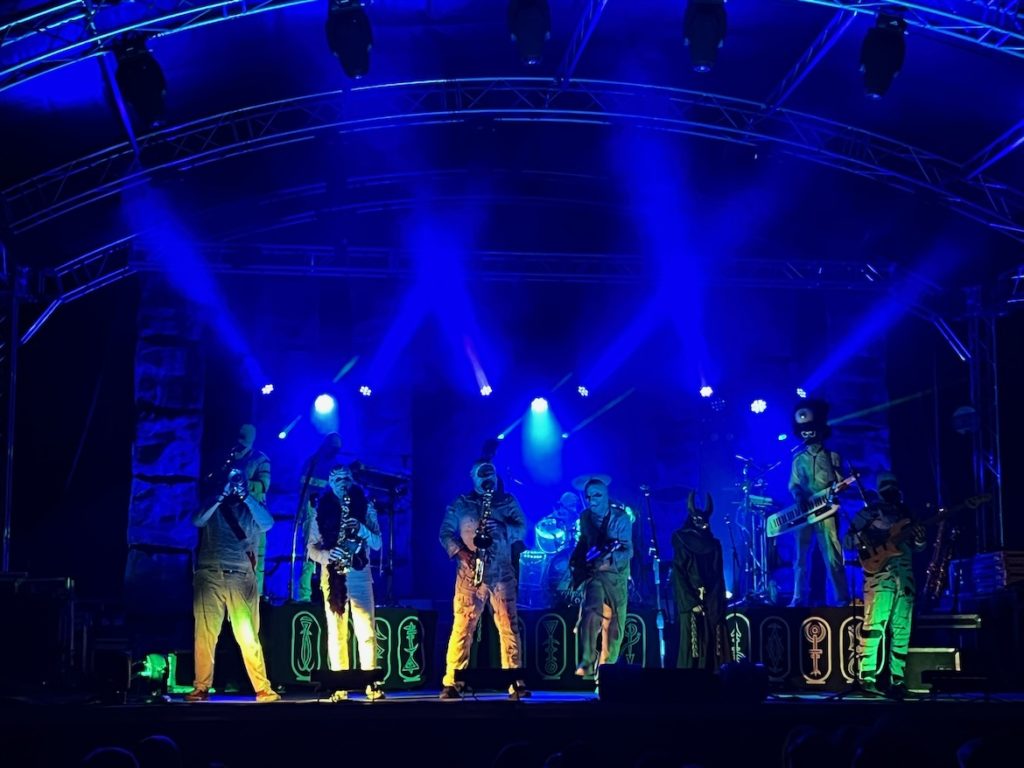
Sustainability and environmental consciousness are also integral to the Summer Camp Music Festival. Goldberg proudly shared the festival’s early and ongoing commitment to eco-friendly practices, saying, “We’ve had a sustainability aspect to the festival pretty much from the beginning and, as the festival has grown, that has grown.” Notably, the festival goes beyond just promoting compostability. In partnership with local farmers and composters, they ensure all compostable waste generated during the festival gets properly composted. They also have a comprehensive recycling program.
Their green initiatives don’t stop there. The festival’s Soulshine program is devoted to sustainability, permaculture, and social justice, featuring gardens on-site where talks about sustainability and permaculture occur, among other things.
The festival also places a great emphasis on art and community engagement. A couple of years ago, they introduced what Goldberg calls “Illumination Woods,” an interactive art installation area. Alongside this, they also feature live painting at multiple stages and an art gallery where artists can showcase and sell their work. All of these elements contribute to fostering a vibrant artistic community within the festival.
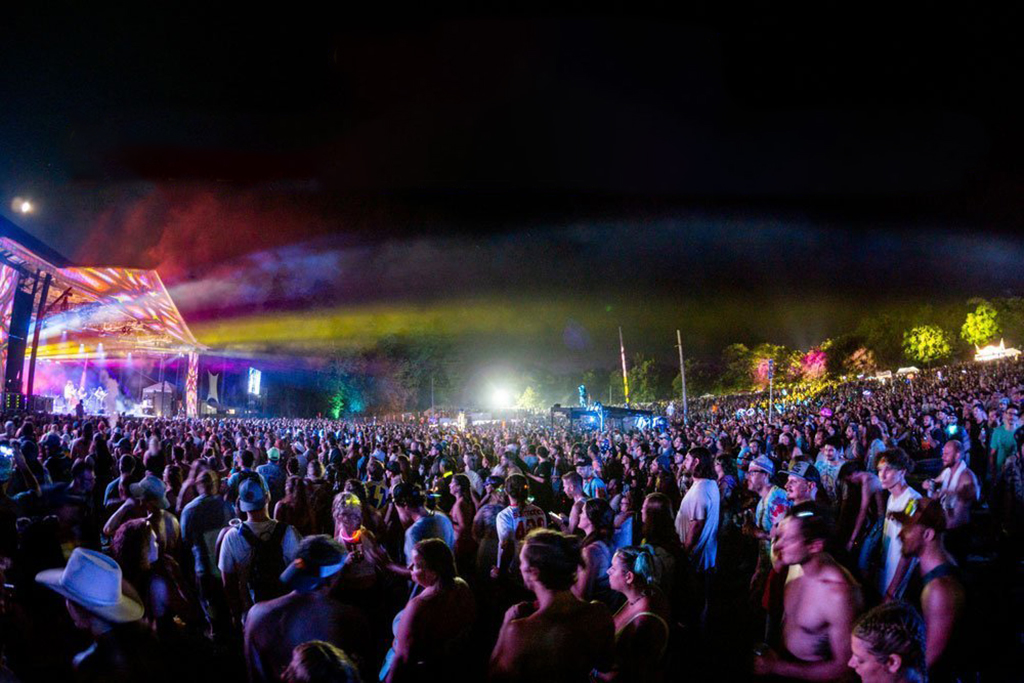
Being a local club owner as well (The Canopy Club) we dove into some of the biggest challenges facing the current state of the local music scene and his visionary ideas for its revival.
“I think there’s some great bands, it’s just we don’t see the support from the community coming out and checking them out,” Goldberg explained. His frustration is tangible but tempered with optimism. Goldberg believes the state of live music is pretty healthy in general, with many artists successfully touring and selling tickets. Still, he openly wishes for more local shows, eschewing the “Live Nations of the world.”
In our conversation, we explored the dynamics that have shaped the current landscape. One poignant reflection touched on the way technology, specifically video games and the internet, have changed how people engage with music. “You can sit at home and listen to a million different artists. There isn’t the same sense that we used to have, when we had to buy every record that we wanted to listen to, other than going down the street and paying five bucks to just check out bands,” Goldberg lamented.
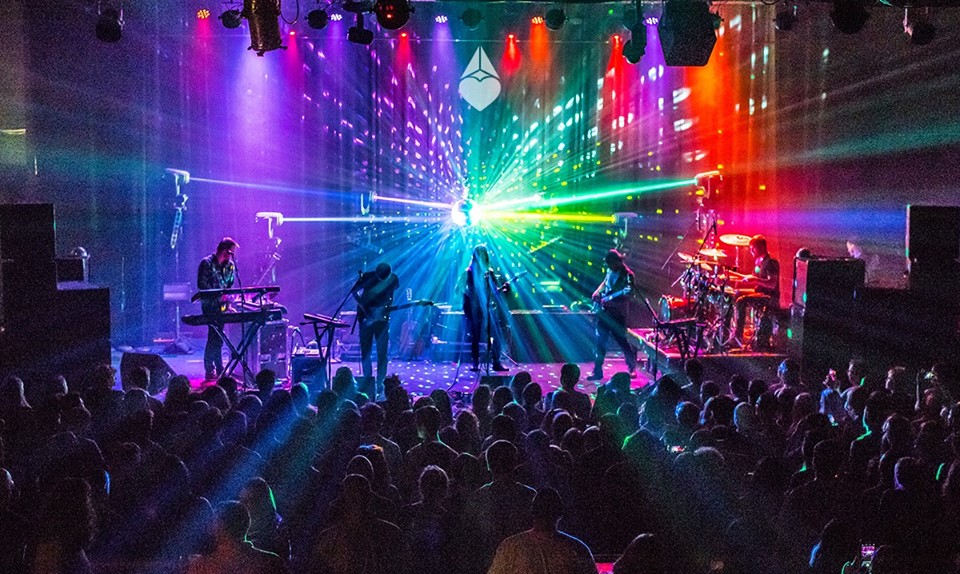
Yet, Goldberg isn’t defeated by these realities; instead, he sees opportunity. He envisions bringing together the local “tastemakers” and “influencers” in music to start a dialogue, forge a new sense of community, and reignite the spirit of live music. “I kind of had this idea of maybe putting together a Council,” Goldberg proposed. He sees a group of local music insiders — from radio program directors to students to venue bookers — working collaboratively to bring about a resurgence in the local music scene.
He didn’t discount the role of healthy competition either. He fondly remembered a time when Canopy Club and the High Dive viewed each other as colleagues, not competitors, and worked together to build a thriving local music scene. The notion that a “rising tide lifts all boats” is one he still firmly believes in.
As our conversation came to a close, I couldn’t help but feel a sense of anticipation. Despite the many challenges facing the music industry today, pioneers like Ian Goldberg aren’t ready to bow out. Instead, they’re digging in their heels, innovating, and keeping the conversation alive. And perhaps that’s just the sort of commitment and passion we need to revive the beat in our local music scenes.
This year’s Summer Camp will be the last of its kind for the foreseeable future. Tickets are still available to see over 150 bands across seven stages over Memorial Day weekend, so come witness Summer Camp in all its glory one last time if you can.
Summer Camp Music Festival 2023
Three Sisters Park
17189 IL-29
Chillicothe
Th-Su, May 25-28
Tickets $89.50 to $349.50








